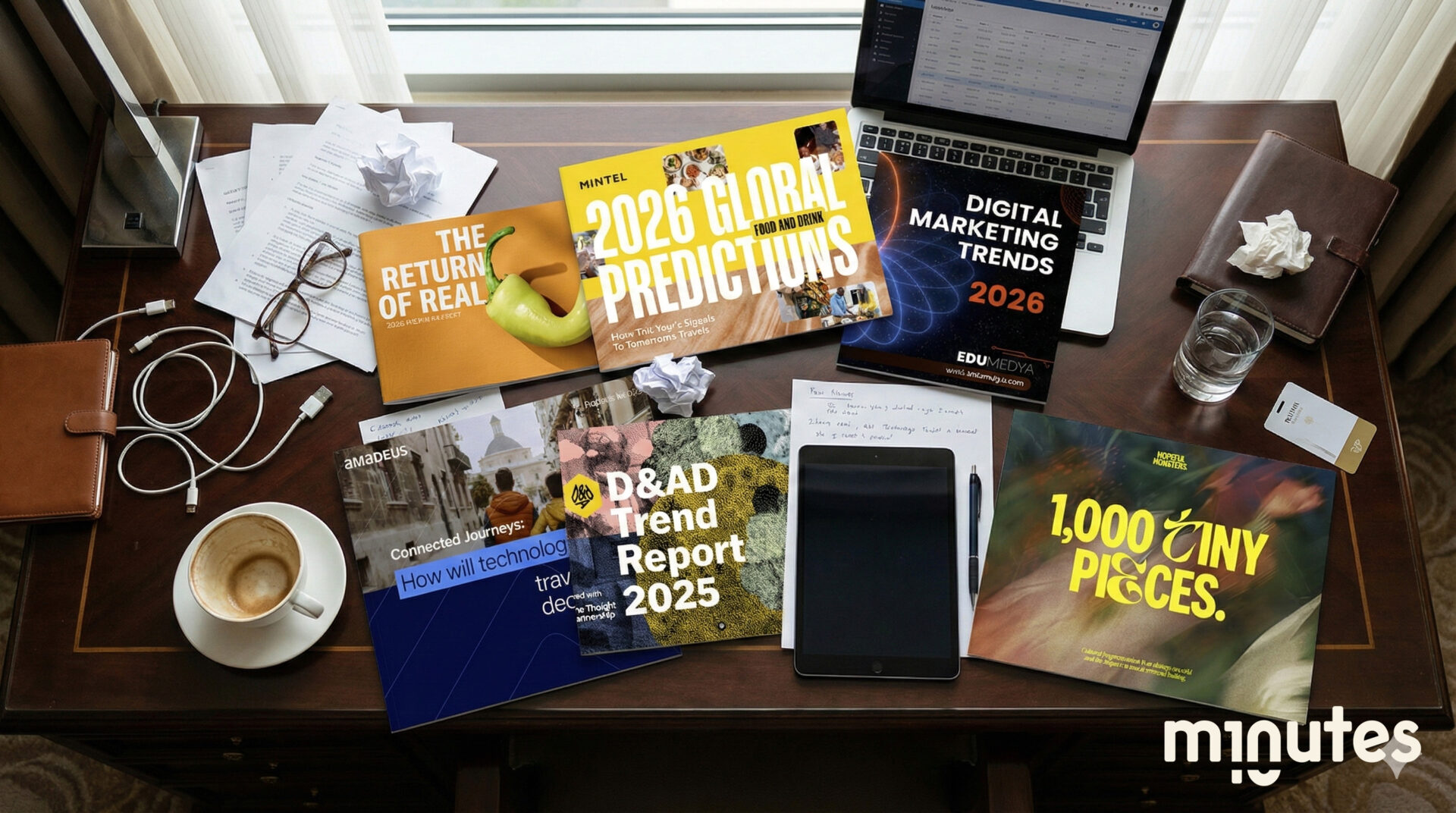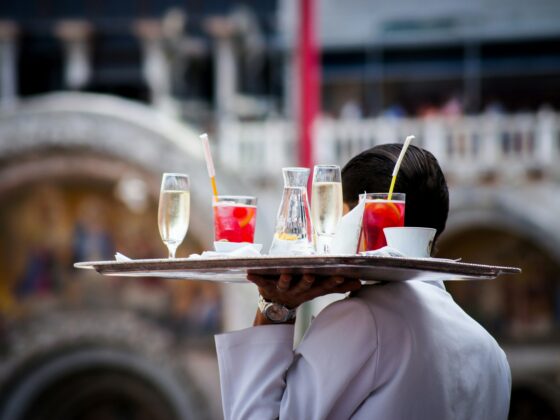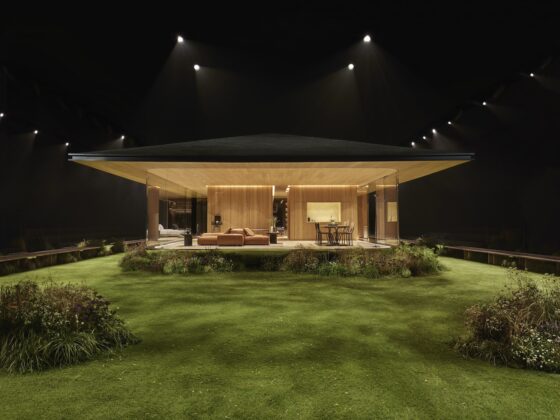This summary brings together insights from leading trend reports for 2026, distilling the clearest patterns shaping how hotels will attract, serve, and retain guests in the year ahead. It captures the shifts that matter most for owners and operators navigating a rapidly evolving landscape.
The hospitality sector is entering a new era defined by rapid technological transformation and a deep consumer craving for authentic, human-centric experiences, according to forecasts from experts like Amadeus, Mintel, and dentsu. Hotel owners must integrate cutting-edge AI with genuine human connection to drive growth and loyalty in 2026.
The Evolution of the Guest Experience and Operations
A profound transformation is underway in hospitality, with technology viewed as a strategic driver to enhance revenue and streamline operations. Amadeus reports that the goal is to deliver seamless, personalized experiences with the least friction possible, known as the “connected trip”.
Personalization as Profit: The core of the hotel experience is shifting from offering standardized rooms to highly personalized stays through Attribute-Based Selling (ABS). Amadeus research shows that 63% of global travelers are willing to pay significant sums for specific room attributes on top of their standard rate, such as a king bed near the lift or a room with a specific view. This shift necessitates moving away from siloed Property Management Systems (PMS) toward a connected Central Reservation System (CRS) that acts as a single source of truth for customer data.
Purpose-Driven Stays: Hilton forecasts the rise of the “Whycation,” where travel begins with a purpose beyond just the destination. This focus on intentional travel aligns with the trend of guests seeking “Home Comforts,” with 77% of travelers reporting they enjoy visiting grocery stores abroad, and 48% cooking their own meals while away. For business travelers, the ‘Objective Stacking’ trend sees employees arranging trips to fulfill multiple goals, balancing fiscal responsibility and personal value, suggesting increased demand for on-site wellness and workspaces.
Marketing, Technology, and Discoverability
In marketing, AI is no longer just an assistant but the core infrastructure. The foundational technology supporting this is the shift to cloud-native solutions, which enables the use of game-changing AI and Generative AI (Gen AI).
The GEO Revolution: The biggest shift in brand visibility is Generative Engine Optimization (GEO). Unlike traditional SEO, which aimed for ranking, GEO focuses on ensuring your brand is reliably cited, recalled, and trusted by Large Language Models (LLMs) and AI-driven search environments.
The Creator Economy and Authenticity: Influence is decentralizing. The new model involves the “Full Service Creator,” who acts as an architect of entire brand campaigns, controlling the narrative and driving engagement within niche communities. Nearly three-quarters of agency marketers surveyed believe that micro and niche influencers will drive more impact than celebrity endorsements in 2026. Brands must prioritize authenticity and transparency to gain trust and move away from mass-produced content to stand out against the rising tide of low-value, automated content often called “AI-slop”.
Travel and F&B Trends
Experience-Led Travel: Travel decisions are increasingly curiosity-led, focused on experiences guests want to have rather than just places to see. This movement is driven by “Skill Seekers”: 76% of travelers are keen to learn a new skill on holiday, with workshops showing a 59% year-over-year increase in bookings.
Coffee Culture Dominance in F&B: Mintel and GetYourGuide both highlight the rise of coffee culture. One in three travelers now rank a destination’s coffee culture above its nightlife when planning a trip. Coffee tour bookings specifically rose by 54% in 2025, demonstrating this prioritization.
Functional and Real Food: Consumers are moving away from restrictive diets toward functional balance, valuing diversity in ingredients. Mintel notes a strategic focus on “Retro Rejuvenation,” where guests seek comfort in traditional, authentic, and culturally rooted food options to reduce feelings of vulnerability. Furthermore, brands are responding to the popularity of GLP-1 weight management drugs by adjusting portions and offering snacks richer in proteins and fibers. Hotels can capitalize on the demand for De-Stresser Beverages, which swap stress-inducing components (like caffeine) for calming alternatives like magnesium.
Find the most complete archive of all the trend reports for 2026 here.







